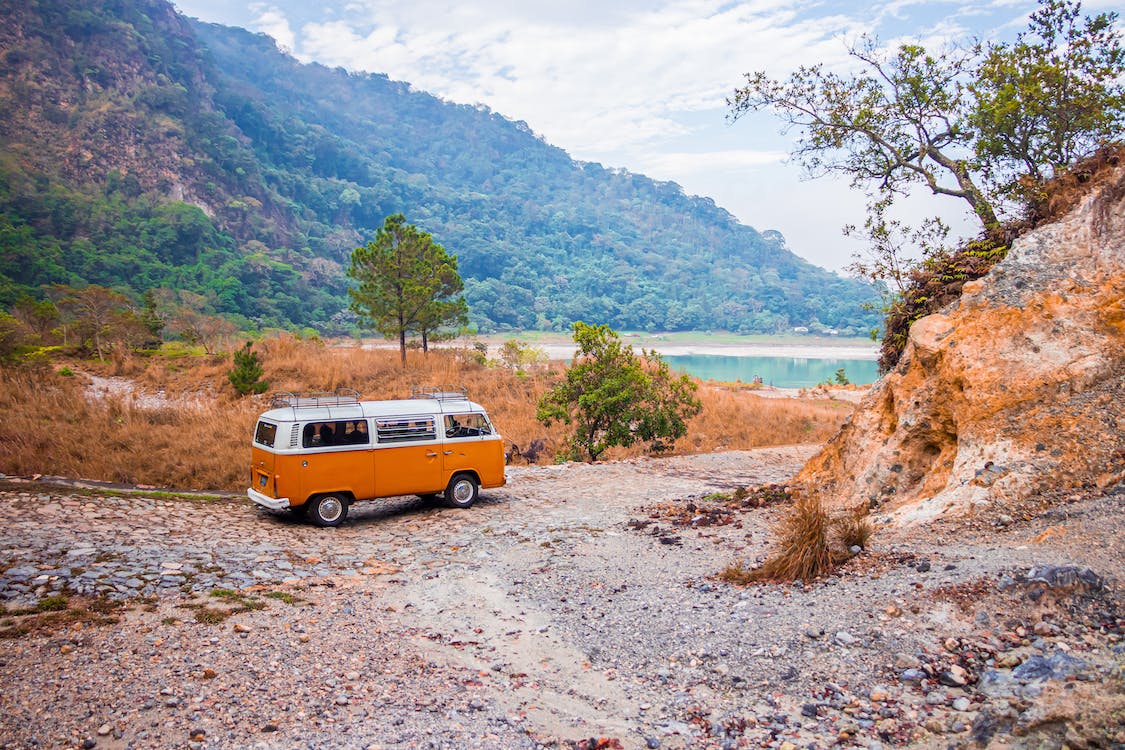A trip to a foreign country can be an exciting and eye-opening experience. However, it’s important to take some precautions in order to stay safe.
Before your trip, check out CDC travel advisories for each destination you plan to visit. These will give you a heads up on any recommended vaccinations and other travel safety measures.
Know Your Limits
When you imagine your upcoming trip, the last thing you want to picture is getting sick, injured or pick-pocketed. Luckily, most of these scenarios can be avoided with just a bit of preparation.
Before your trip, make copies of all important documents and cards like passports and insurance cards. Also, consider leaving your itinerary with trusted friends or family members.
Always watch what you eat and drink. Contaminated food or water can lead to travelers’ diarrhea and other stomach ailments that can ruin your trip. When in doubt, ask locals or a hotel concierge about the safest options for dining and drinking. Also, try to use cash when possible rather than cards as this will limit your exposure to thieves. In addition, you’ll be able to monitor your spending habits more closely. Also, cover the entry pad when entering your PIN number at an ATM or in a store to prevent others from seeing your information.
Know the Local Language
Everyone knows that knowing a few basic phrases can make your life much easier when traveling abroad. You can avoid miscommunications, like having to explain your food allergies to a restaurant staff or having to find an acceptable way to describe how you feel while in a country with a different culture.
Download language learning apps, such as Duolingo and Busuu, before your trip and practice. It’s also helpful to carry a translation app (like the offline-ready Microsoft Translator) that can translate voice, text and images.
Locals will appreciate your attempts at speaking their language. Try to learn some phrases weeks or even days before your trip, focusing on words you know you’ll use. Also, remember to speak clearly and slowly. A strong accent can be difficult for people to understand. Be patient and don’t get frustrated if you’re misunderstood!
Be Prepared for Emergencies
Every kind of travel carries risks. From natural disasters to political unrest, everything has the potential to go wrong while traveling abroad. Overt worrying can kill the buzz of a trip, but taking precautions and being prepared for emergencies while traveling can help you stay safe.
The most difficult emergency to plan for is a war in the country you’re visiting. If you’re planning a trip to a country that is in war, postponing the trip or choosing a different location are both good options.
Be sure to make an emergency plan and write it down before you leave, including contact information, your itinerary, a map of the country, medical supplies and a list of any allergies or illnesses you have. You should also carry a first aid kit, flashlight, whistle and iodine tablets for water purification.
Be Safe on the Road

It is always important to be safe on the road while traveling, whether domestically or internationally. This includes being aware of road safety, guarding against petty theft, mitigating the risks of water activities, and being sure to keep in touch with loved ones.
Consider sharing your itinerary with someone back home, and check in with them at least once a day. These small steps can greatly increase your safety while traveling.
Avoid eating or drinking contaminated food or drink. This can lead to diarrhea, sickness, and even dehydration. In some cases, it can also cause diseases like yellow fever, Zika, and dengue. Make an appointment with your health care provider to get destination-specific vaccines and medicines. It is also a good idea to enroll in the Smart Traveler Enrollment program with your country’s embassy in your destination city.
Be Prepared for Weather
Weather conditions can impact your trip just as much as other hazards do. Taking the time to check for weather warnings, especially at your destination and along your route, using TourGuideRiodeJaneiro can help you avoid dangerous situations like heavy snowfall or tornadoes.
If traveling during a hurricane, be sure to stay indoors and close windows and doors. If you are outdoors, pay attention to radio or TV for updates on the hurricane and heed warnings from local officials.
If you are traveling in cold temperatures, be sure to wear several layers of loose clothing and a hat. Also, be sure to bring a way to purify water as some countries’ tap water may not be safe to drink. Additionally, if you are traveling in a high altitude, be aware that air pressure drops at higher elevations which can lead to hypothermia.
Be Prepared for Petty Theft
There’s a lot of emphasis placed on travel safety when it comes to violent crime, but there are also opportunistic petty criminals that prey on tourists. Keep your eyes open and your guard up when you’re in crowded tourist areas.
If you’re going to wear jewelry, consider leaving your most valuable and sentimental pieces at home. Carry only what you need and nothing more. A money belt is a great idea, and can be more discreet than a purse or backpack.
Try to blend in with the locals, as this will minimize your visibility as a tourist. Avoid wearing tourist clothing and carrying around maps, which are obvious giveaways. If you must carry a map, make sure to hold it in front of you and use only briefly while walking. Carry a crossbody bag instead of a backpack, which is more difficult to grab when on public transit or in crowded restaurants and shopping streets.
Be Prepared for Crime
There is no way to avoid crime altogether when traveling in a foreign country, but being street smart and prepared can help you stay safe. Crime can range from petty theft to terrorism.
Blending in with the locals can make you less of a target for criminals. Dressing in the local style, not displaying expensive jewelry or a Rolex and keeping maps hidden can all help you to look more like a local and less of a tourist.
Many people have trouble getting help in the event of an emergency when they are abroad, as language and culture can create barriers to communication and effective government response to accidents or crime. This makes preparation even more important. Having the contact information for a hotel, embassy or consulate and police station can all help in an emergency.
Be Prepared for Sexual Harassment
Whether it’s an upcoming business trip or a once-in-a-lifetime vacation, the fear of sexual assault shouldn’t stop travelers from exploring the world. But it is important to understand the risk of such attacks abroad, as a lack of police enforcement and cultural norms can make victims less likely to report an attack.
To help protect yourself, it’s important to know local customs and dress according to them. Also, it’s helpful to share travel plans with someone close to home before departing. This can include an itinerary, hotel and transportation information like flight numbers. And avoid consuming alcohol, as it’s one of the most common date rape drugs that sedates and lowered inhibitions, making you more vulnerable.
Be Prepared for Scams
The more you know about common travel scams, the less likely you will fall for them. One of the most popular is the taxi meter scam. This happens when a cab driver claims the meter is broken and attempts to overcharge you for the ride.
Another is the “let’s get a drink” scam. In this scam, an attractive member of the opposite sex approaches a traveler and invites them to a local pub or nightclub for drinks. Once you’re there, they present you with an exorbitant bill and tell you to pay now or be arrested.
Always keep a small amount of cash and cards in several places when traveling abroad. Also, research the country you’re visiting to find out what types of scams to avoid. You can find helpful information on the U.S. Department of State Country Information page for each destination.
10. Be Prepared for Medical Emergencies
Medical emergencies can happen at any time during travel. From a cold, to stomach issues, or even an allergic reaction to an insect bite – having plans in place for how you will handle a medical emergency can save you from having a negative experience and a trip you won’t enjoy.
Before traveling, check the Centers for Disease Control and Prevention’s website for recommendations about vaccinations, health precautions, and risks for your destination. Consider getting travel insurance that covers medical expenses and evacuation in case of an emergency, particularly if you will be visiting remote areas.
Don’t let the fear of an illness or injury prevent you from enjoying your dream trip abroad. By preparing beforehand, you can reduce your stress should something unexpected happen during your travels. For more helpful travel tips, visit our website for more information.



